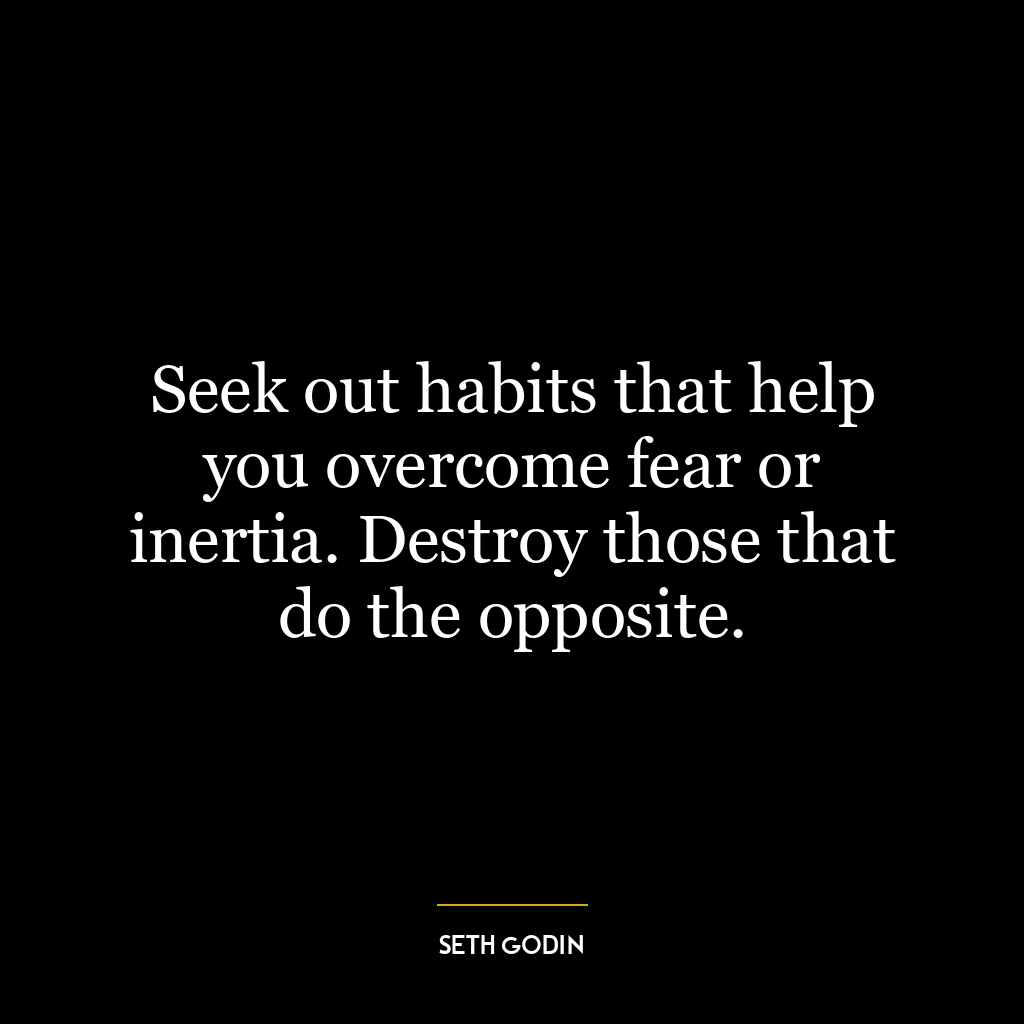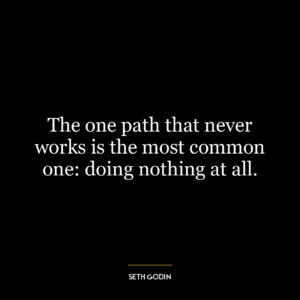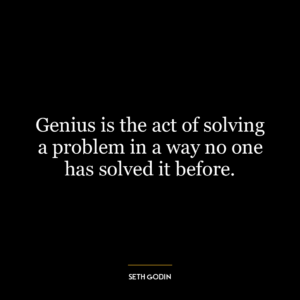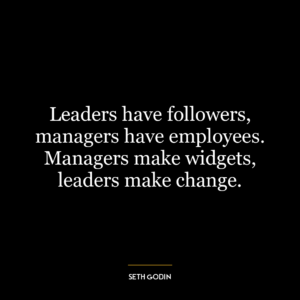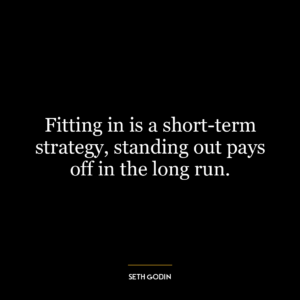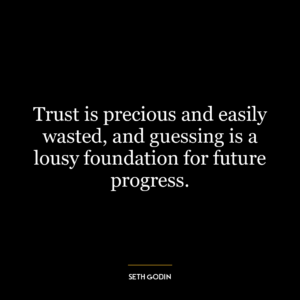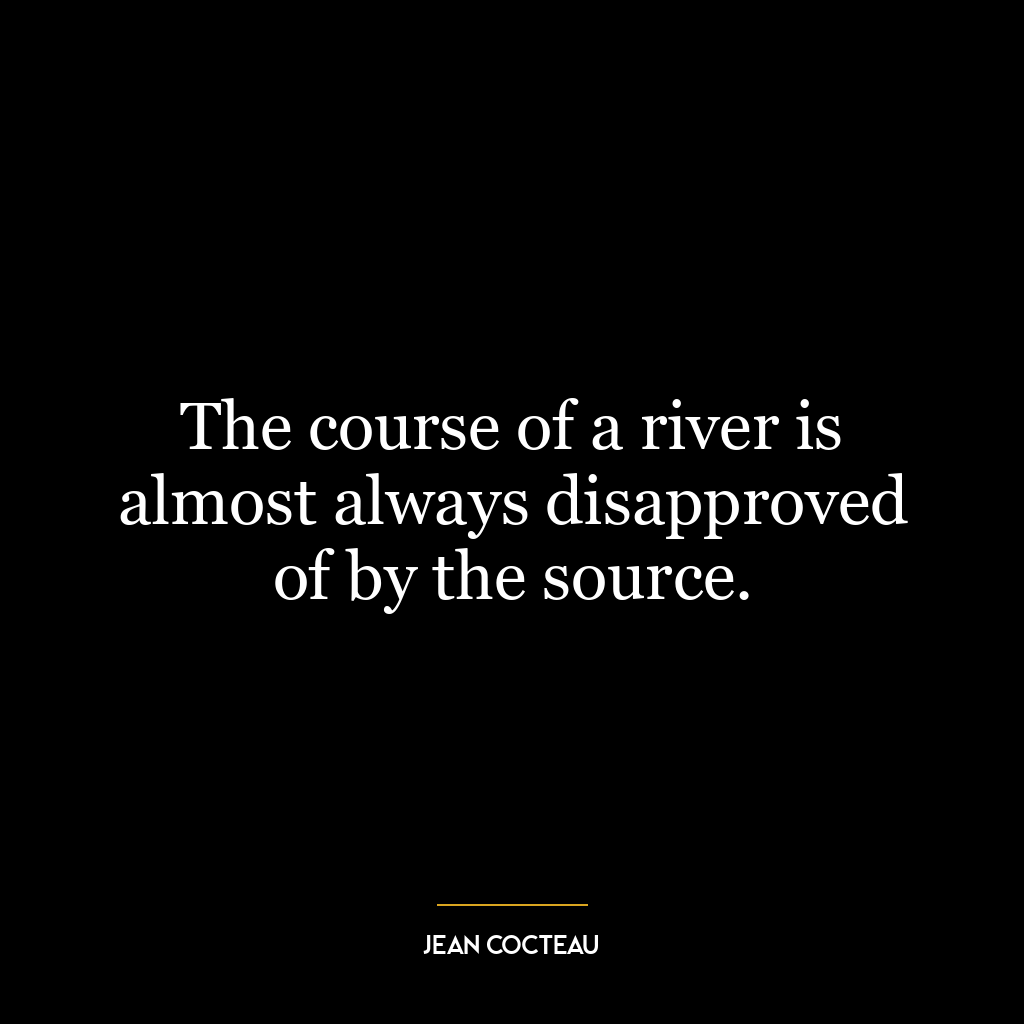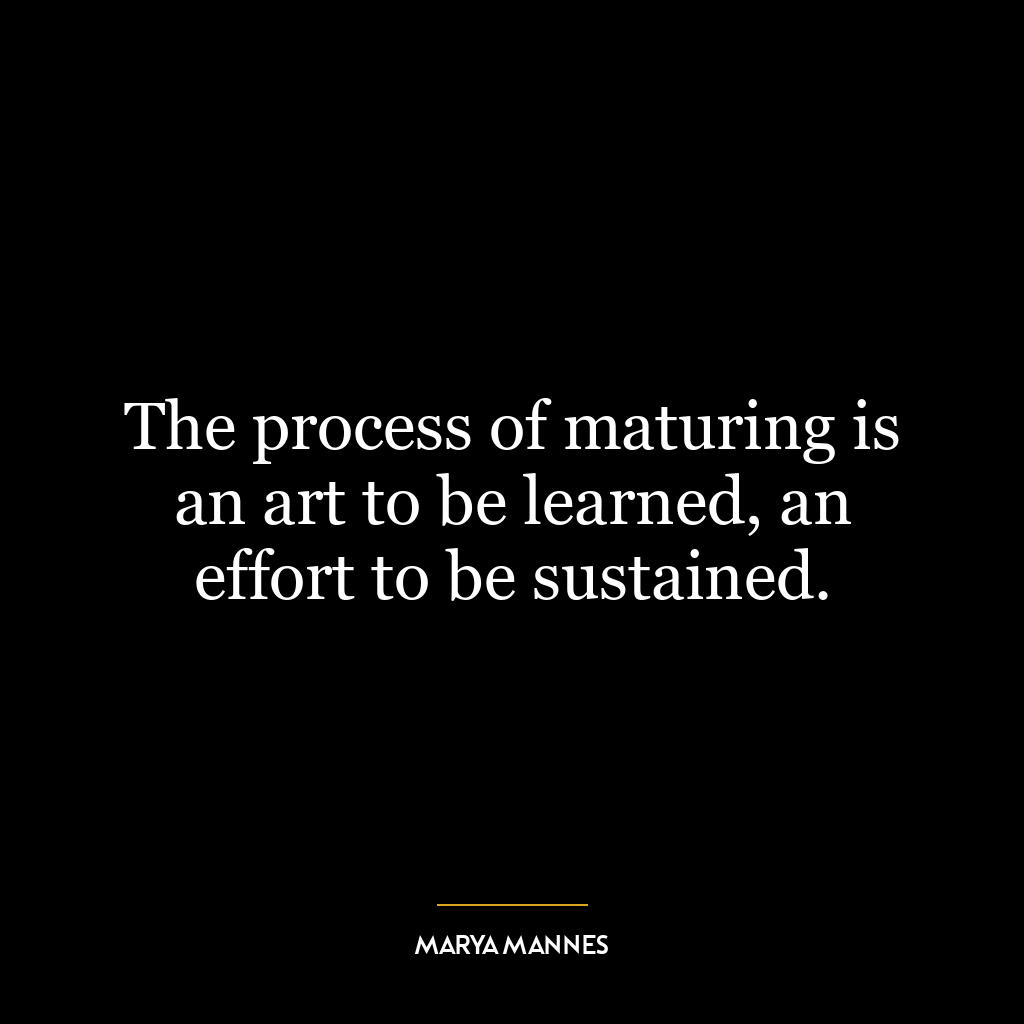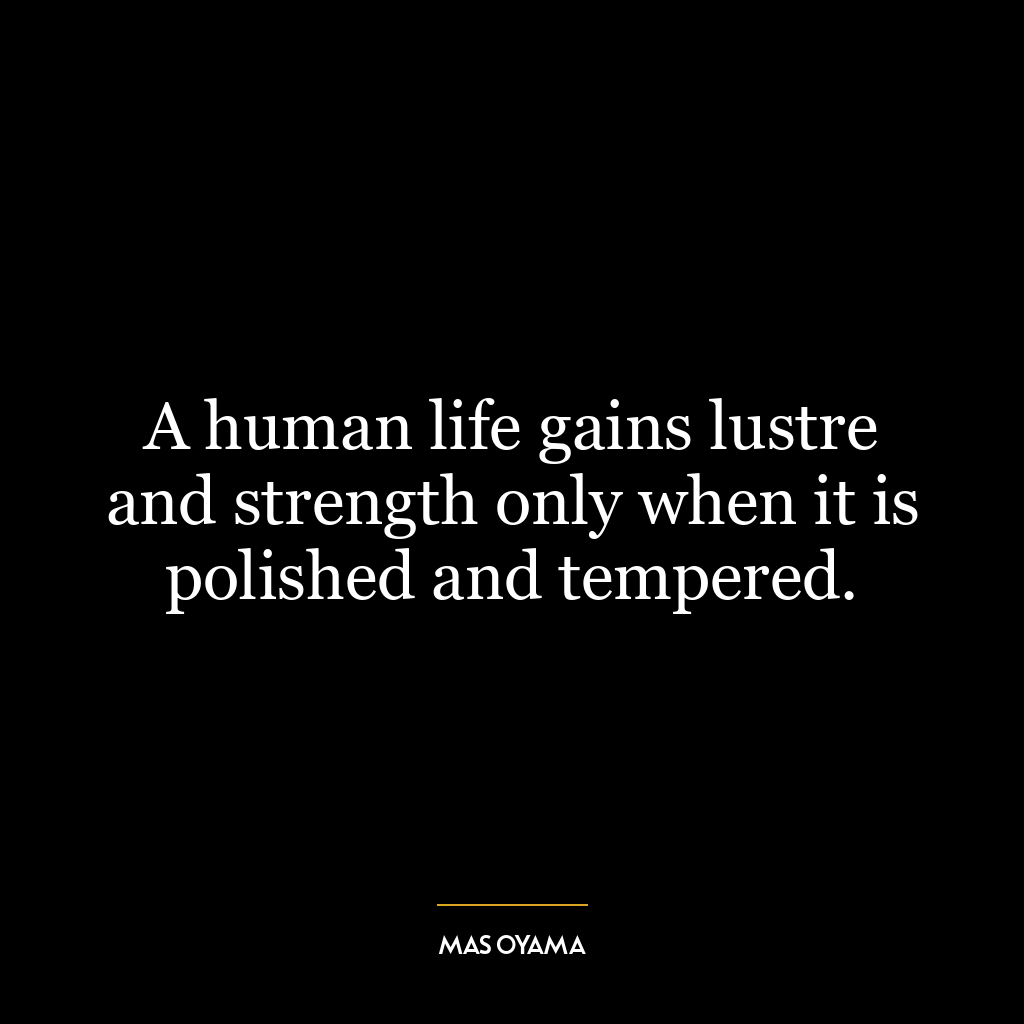Seek out habits that help you overcome fear or inertia. Destroy those that do the opposite.
This quote emphasizes the importance of cultivating habits that push us beyond our comfort zones and help us conquer fear or inertia, which is a tendency to remain unchanged. Conversely, it advises us to eliminate any habits that reinforce these limiting conditions.
Fear and inertia can hold us back from achieving our full potential, keeping us stuck in unproductive routines or preventing us from pursuing new opportunities. Habits play a crucial role here because they are recurrent patterns of behavior that can either propel us forward or keep us stagnant.
The first part of the quote “Seek out habits that help you overcome fear or inertia” suggests actively searching for and adopting behaviors that challenge our fears and disrupt our state of inactivity. This could be anything from engaging in regular exercise to boost confidence, practicing mindfulness techniques to manage anxiety, or setting small daily goals to maintain momentum in personal growth.
The second part “Destroy those that do the opposite” underscores the need for eliminating habits contributing negatively to personal development. These might include procrastination, negative self-talk, avoiding challenges due to fear of failure etc.
Applying this idea today means consciously analyzing one’s lifestyle and identifying which behaviors are beneficial and which are detrimental. In an age where change is constant thanks largely to technological advancements, overcoming fear and inertia is more important than ever before for both personal growth and career progression.
In terms of personal development, this concept encourages continuous learning: embracing new ideas rather than fearing them; pushing oneself into unfamiliar territories even if it feels uncomfortable; breaking away from routines if they lead nowhere productive; striving towards better versions of oneself by adopting positive behaviors while discarding negative ones.
this quote serves as a reminder for individuals seeking improvement - whether personally or professionally - highlighting how critical it is not only adopt good habits but also eradicate harmful ones as well. It promotes proactive engagement with life rather than passive acceptance – a principle more relevant now given today’s rapidly changing world.

